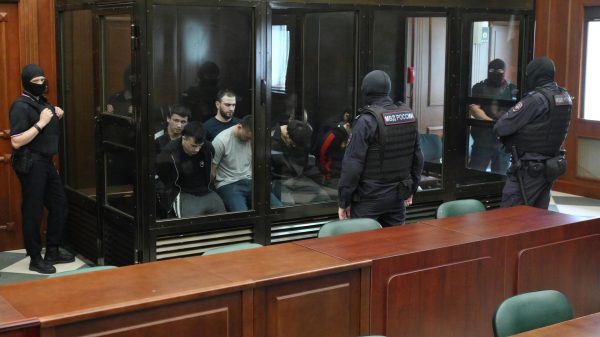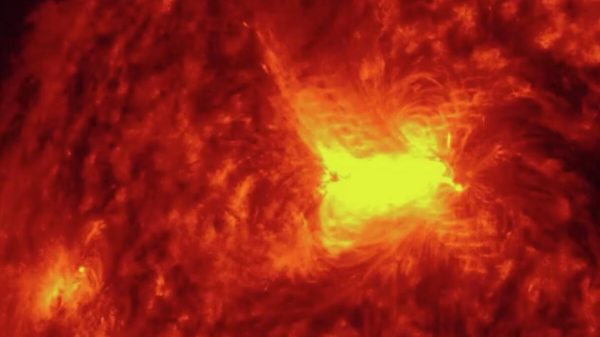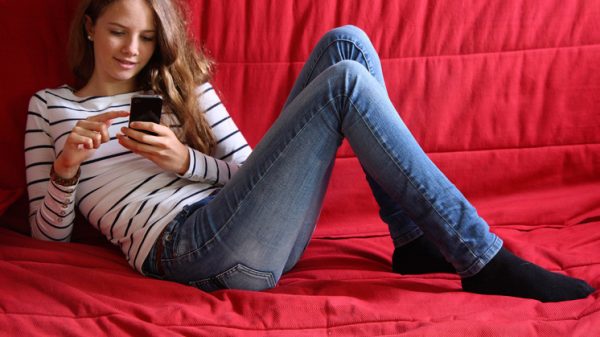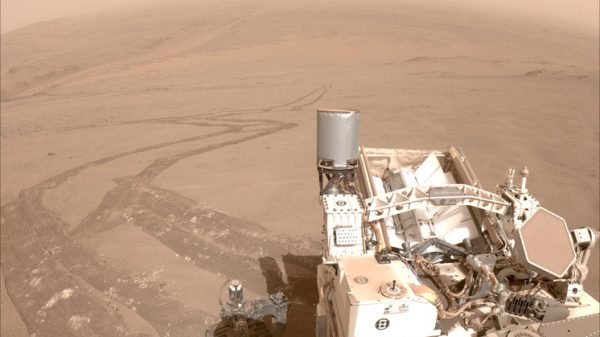 Bjorn Ulvaeus admitted that some people may find his decision to work on the project «controversial». and daughter Johnny Cash are to advise Google on the use of artificial intelligence (AI) in music as record labels grapple with the threat of new technology.
Bjorn Ulvaeus admitted that some people may find his decision to work on the project «controversial». and daughter Johnny Cash are to advise Google on the use of artificial intelligence (AI) in music as record labels grapple with the threat of new technology.
Bjorn Ulvaeus and Roseanne Cash, a country musician from herself part of a group of artists, who signed up for a new program launched by YouTube and Universal Music.
The estate of Frank Sinatra, composer Max Richter and OneRepublic vocalist Ryan Tedder will also contribute to the creation of the AI Music Incubator, which aims to inform YouTube's approach to using generative technologies.
The partnership between Universal and YouTube is the first example collaboration between a record company and an artificial intelligence tech giant.
It does not include any commercial terms, but the two companies are expected to discuss a potential licensing agreement.
If agreed, it would allow people to legally use the music and voices of artists to create AI-generated music, with royalties paid to the label.
Mr Ulvaeus acknowledged that some people may find his decision to work over the «contradictory» project.
He insisted that he joined the group «with an open mind and purely out of curiosity about how the AI model works and what it can do in the creative process.»
Artists are increasingly concerned about the impact of AI on their profession, and the late Johnny Cash is among those whose likeness has already been replicated.
A YouTube channel called «There I Ruined It» used artificial intelligence to mimic a country music voice -performer and create a video of him «singing» the 1997 song «Aqua» by Barbie World.
The song, published last month, was viewed 1.7 million times.
The impact of AI on music
Such stunts have raised fears among artists that they will not be fair. paid for their work or that their image will be used without permission.
Earlier this year, Universal issued an angry response after an AI-generated song imitating Drake and The Weeknd amassed tens of millions of views on streaming services.
Universal, which publishes both artists, described the two-minute as «a violation of our agreements and a violation of copyright law.»
Spotify, Apple and TikTok have removed the song from their platforms, but versions remain available on YouTube and Twitter.
Sir Lucian Grange, Chairman and CEO of Universal, said the new partnership with YouTube aims to that AI be built to “empower human creativity, not the other way around.”
He added: “AI will never replace human creativity because it will always lack the basic spark that drives the most talented artists to do their best work, which is intention. From Mozart to The Beatles to Taylor Swift, genius is never accidental.”
The royalties controversy stems from a years-long dispute between Google-owned YouTube and the music industry over video copyright infringement. A music-sharing platform.
Google now pays record labels roughly $2 billion in royalties annually, though many musicians and MPs have called for a change in the music streaming model amid concerns that artists and rights holders are being paid unfairly.
Neil Mohan, CEO of YouTube, spoke about the company's new principles that ensure that artificial intelligence will promote creative expression without harming performers.
He added: «Our goal is to collaborate with the music industries to empower creativity in a way that supports our shared pursuit of responsible innovation.”






















































Свежие комментарии